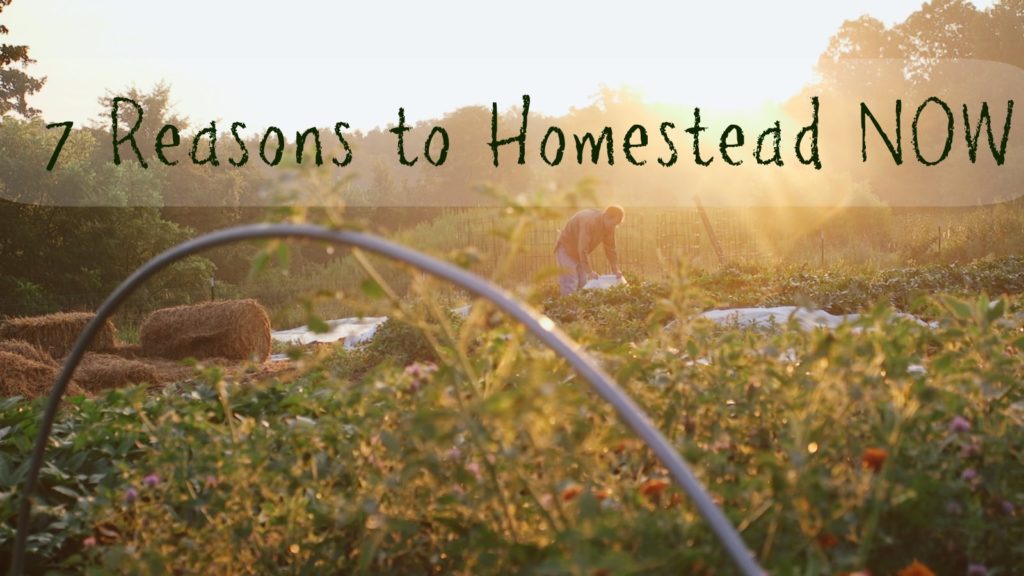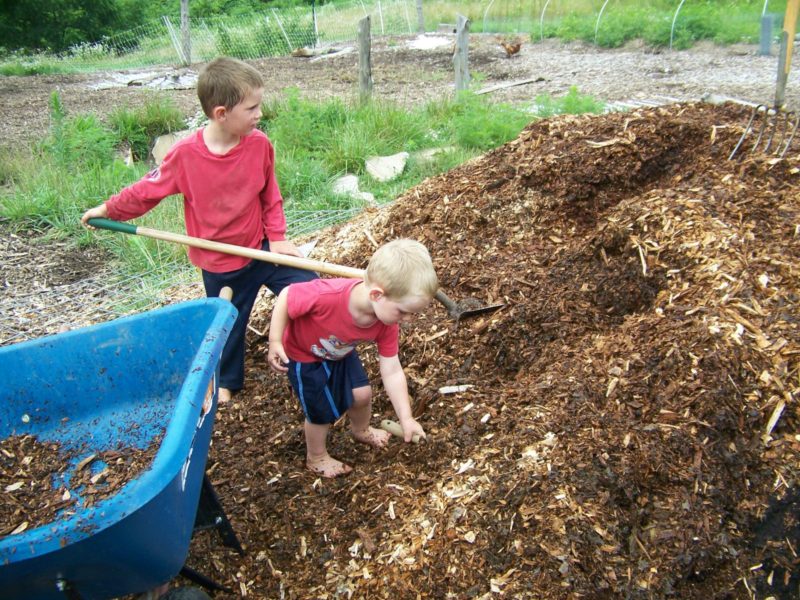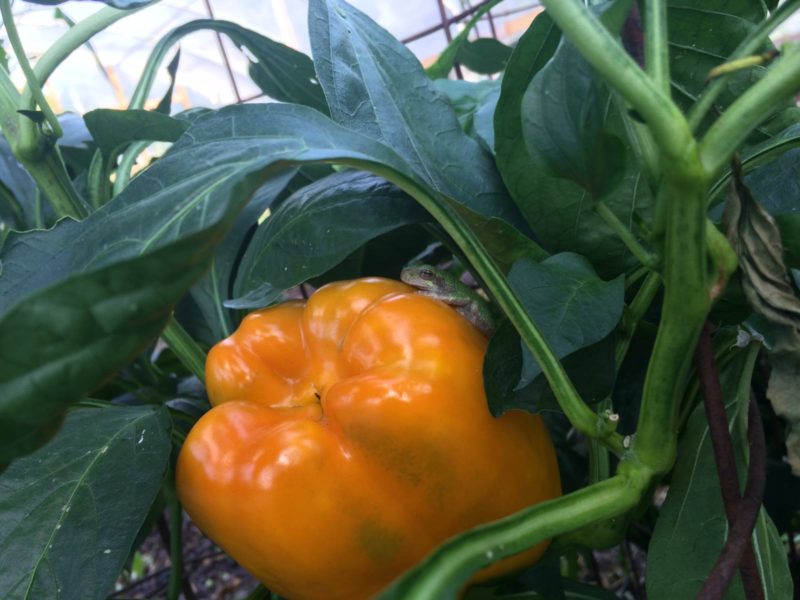
If the numerous natural disasters in recent weeks have taught us anything, it’s that the more citizens are self-sufficient, the better they fare when Mother Nature runs amok. When this self-sufficiency is pursued as a lifestyle, it is known as homesteading.
Have you noticed that in the aftermath of unexpected and devastating disruptions to modern life, it is frequently the homesteaders who rise up as the everyday heroes? I know I have.
The Cajun navy is a great example of homesteaders in action. These are folks whose self-sufficiency skills gave them the ability to reach out and help others in need during the direst of circumstances.
Why Homesteading? (whether urban or rural)
Let’s take a look at the top 7 reasons why homesteading is becoming a “thing” today no matter whether a family lives in a rural or urban setting. In fact, the more our society modernizes and becomes dependent on technology, the more critical these traditional life skills become.
To learn more about incorporating homesteading skills at your own modern homestead, check out the educational website Steader.
1. Stuff happens
Snowstorms, hurricanes, and so much else. Extended power outages. Downed trees. The better prepared and skilled you are, the less it HURTS, and the more you can HELP others.
2. Skills for life
Especially for kids, homesteading instills work ethic, problem-solving, use of a wide variety of tools and so many other skills. It is also the best and most fun way to learn! From how to grow broccoli to fixing the brakes, steading creates life skills that cannot be lost or replaced. They are skills that serve as a safety net for children for their entire lives.

3. So beautiful!
Homesteaders turn resource-consuming areas into resource-producing paradises. Homesteading can save money and time while turning your land into something worth living in! A homestead can be a haven in the modern world, a place to rejuvenate mind, body, spirit, and even your microbiome!
4. Simple Education
A few recent studies show that many Americans not only don’t know where their food comes from but don’t even know how it grows! Kids (and adults!) who think potatoes grow on trees and chickens poop tomatoes! A friend of mine once told me how her co-worker, disgusted by hearing that her eggs came from chickens, said, “my eggs come from Kroger.”
Cultivating an appreciation for real food and farmers needs to begin at home, including your backyard or back porch if possible. Even the most urban or apartment dwelling homesteader can show the beauty and value of growing food and redeeming spaces.

5. Exercise the Traditional Way
Most Americans spend money (and lots of it!) to get exercise. Homesteaders get it for free, seriously. But instead of getting it in crammed indoor gyms with stale air at five or six AM before work, we get it under gorgeous sunrises while collecting fresh eggs and herbs, smelling lovely flowers and fragrant plants, and listening to the birds and the bees pollinate our plants. It is just a free part of the homesteading experience, no monthly fee required, just a backyard or a back quarter acre or more!
6. Security
Are finances suddenly tight? Sudden job loss? When you have no slack in your system, such things can be devastating, or at the very least, incredibly stressful. But if you have a garden full of food, a cellar full of foodstuffs, a large stack of firewood to heat and cook with, things don’t seem so bad. Many families we know (ours included) got through sudden tough times because homesteading insulated us from the shocks and stresses of sudden, even extreme financial changes.
7. Resilience
The more people in a community who have skills, grow food, catch rainwater, have gardens, and so on, the better prepared that community is to take care of itself and others during hard times. Homesteaders become part of the solution rather than the problem when things go wrong, both for themselves and for others. We want to be the kind of people who can assist our neighbors near and far when times are tough. Let’s face it, homesteaders can be real everyday heroes like the Cajun Navy after Hurricanes Katrina and Harvey.
These are just a few reasons you should consider becoming a Steader, whether urban, rural or something in between. Because that is what Steader is all about, helping you, your family, and community have the skills to live abundantly, no matter what the world throws at you.








Thanks for giving us this kind of information. Self-sufficient is the main part of homesteading.In self-sufficient lifestyle no matters where you live but you can start your own homesteading business. You earn lots of money, that why homesteading is more popular in nowadays.
It’s really nice….Thanks for sharing 🙂
Oh, I long desires to have a self sufficient homestead, create a community with cottage industries but having debts paid off as per the Bible where I could discriminate of what company I’m around. Otherwords, wouldn’t be loud drinking neighbors or meddling types.
Which I have a feeling there’s many others that share my sentiments as well as sense the necessity for some reason.
Fixture books, Mother Earth News, Countryside magazine have always been favorites.
Then medicinal herbs as well as rich, quality food. Then wholesome neighbors that believe in God. The benefit of owning is the right to discriminate what type company is around as well as what type isn’t around. Or what type others might welcome around.
Then if catastrophe hits, storing up goods like the ant does, one can provide for themselves as well as any good types in need. Consider Joseph in Egypt and the prophecy of the coming famine. Biblical reference.
Which in a city, just look at looting that goes on when there’s crisis. Which myself, I’ve had a long ongoing problem with crime living where I do, while neighbors clearly haven’t. Which rural areas, I had neighbors that would watch and tell. Again, rural sheriff’s understand protecting ones’ property without the types that try y year anothers’ life apart.
Here again, I guess it depends where you’re at. Which the Northeast sounds nice. As well as some places in the Northwest.
Living around loud drunks is annoying. I’d much rather live where people prefer a campfire, ghost stories, bible study and good laughs.
Then draft animals one gets close to.
Which anyone young, I’d recommend it any day of the week, but I’d emphasize cottage industries where profirs are generated. Always consider health problems and old age coming on. But with that lifestyle, you may be healthier. Again, get to know ones’ self and type of people you prefer and can develop strong relationships with. Again where you can keep out undesirables, which society pushes on many of us today.
Ellen,
That is great. You may want to grab a copy of my forthcoming book so you use wood chips safely. In BTE, he isn’t using fresh wood chips, and a lot of species of chips can actually kill your garden plants!
I have about 40 whole pages written on mulching and how to do it well, wisely, and fruitfully because of all the issues people have ran into over the years.
John
Beautiful post. We have 1/4 acre and its a little boggy but I’m hoping to invest little by little in low maintenance edible landscaping. Big Jim Loquat is in my sights, then avocado, then banana, then fig… all mounded up with some good soil. When the neighbor’s tree went down we asked the chipping company if he could dump it in our yard. I was so excited to get the “back to eden” style mulch. If I had my druthers I’d have all the grass ripped out to be replaced by wonderful fields of foods!! Its amazing just how beautiful edible plants can be.